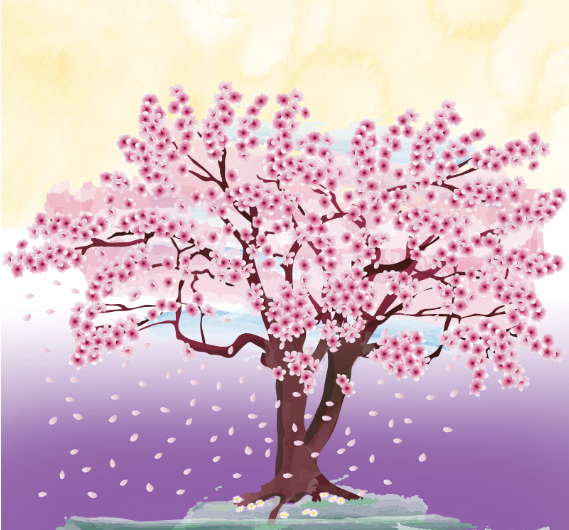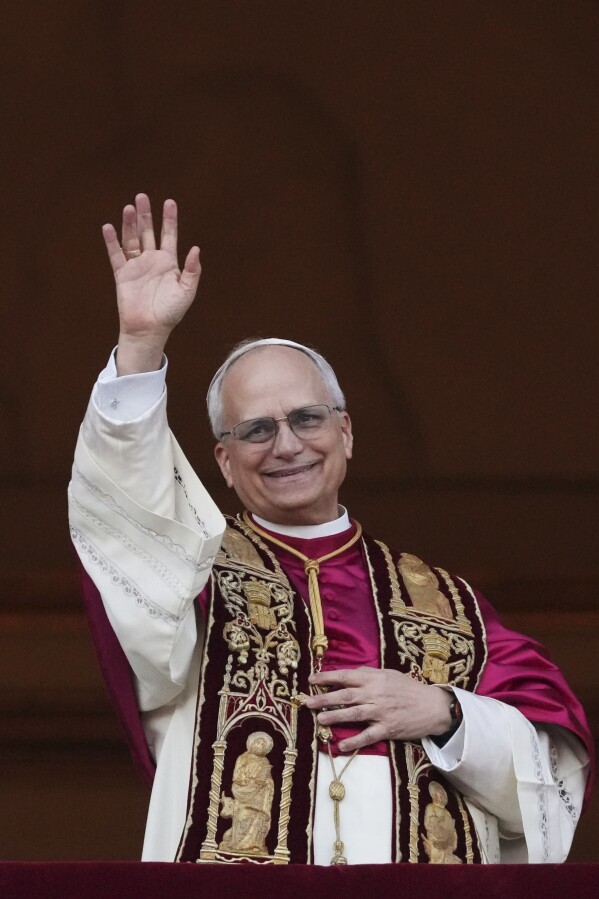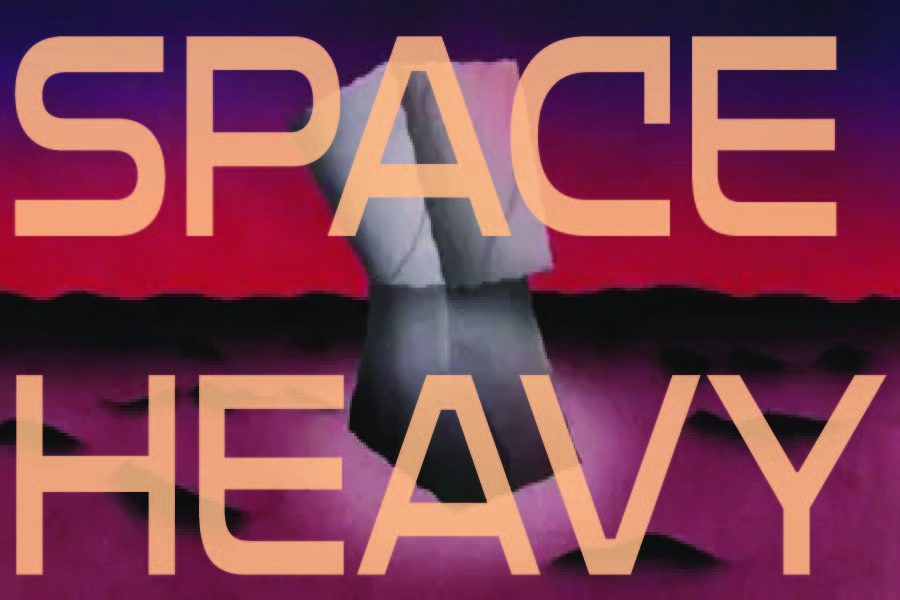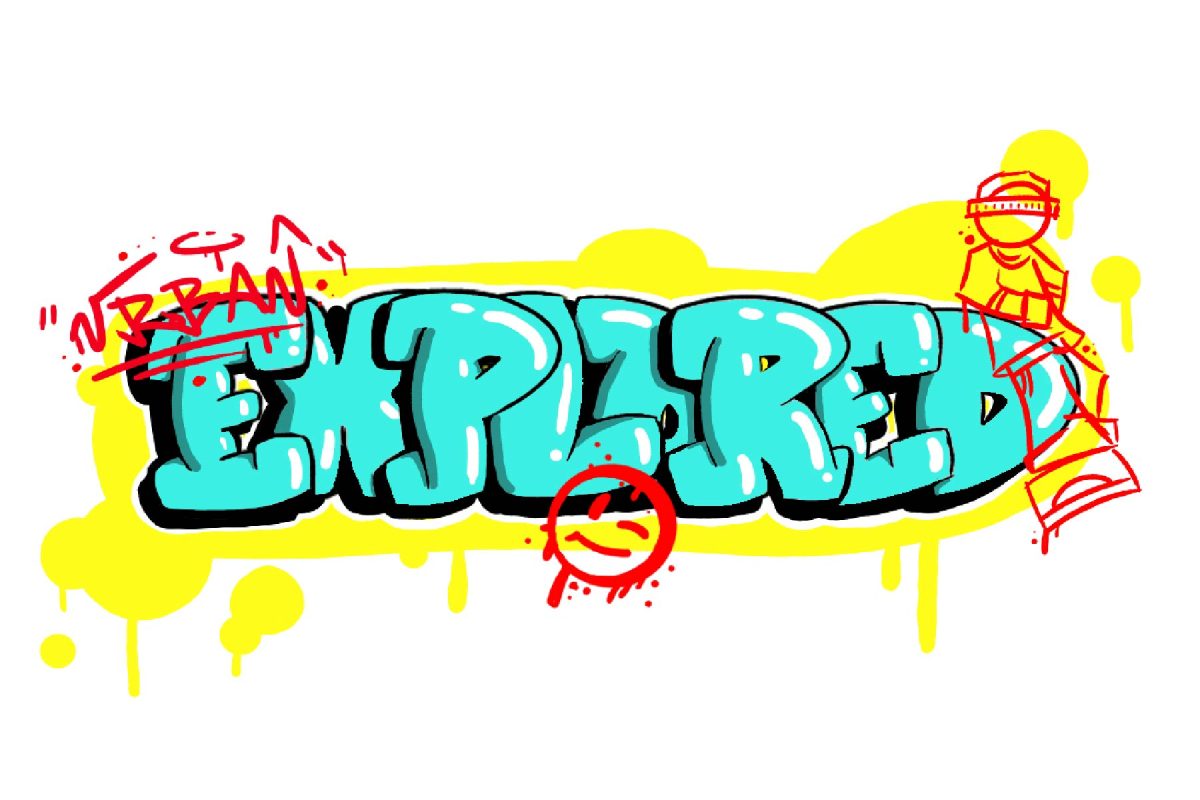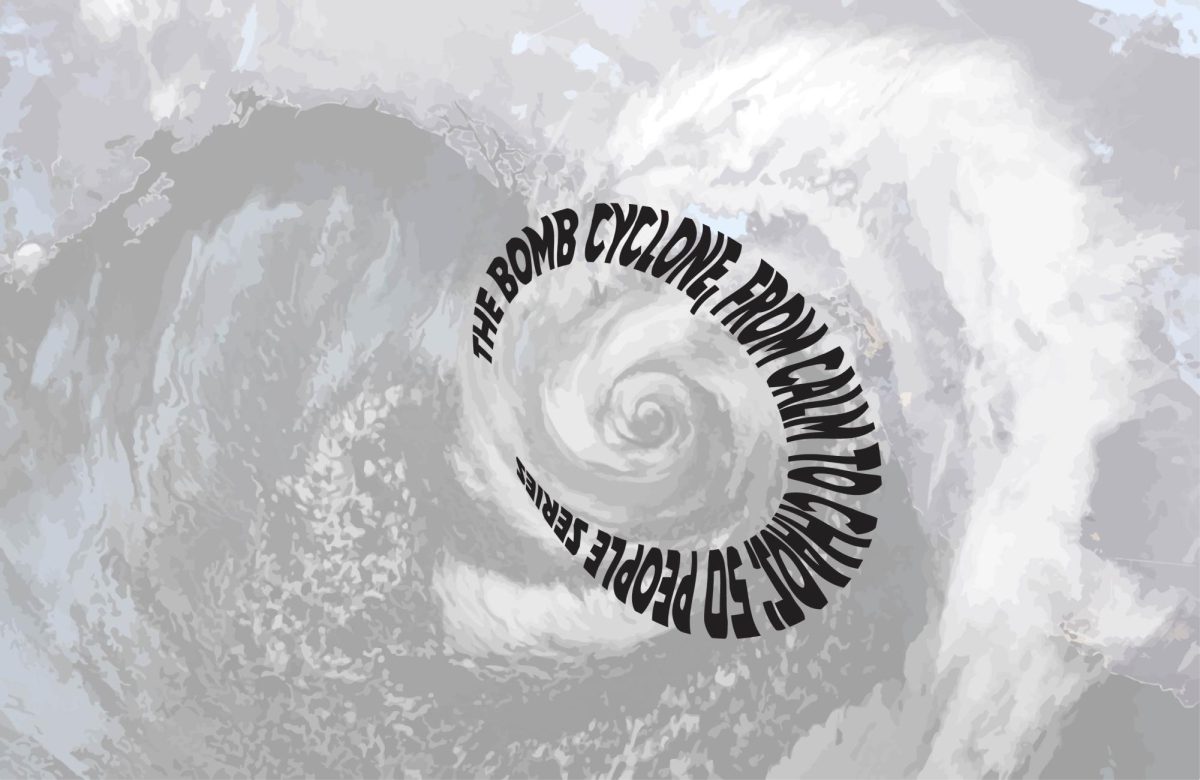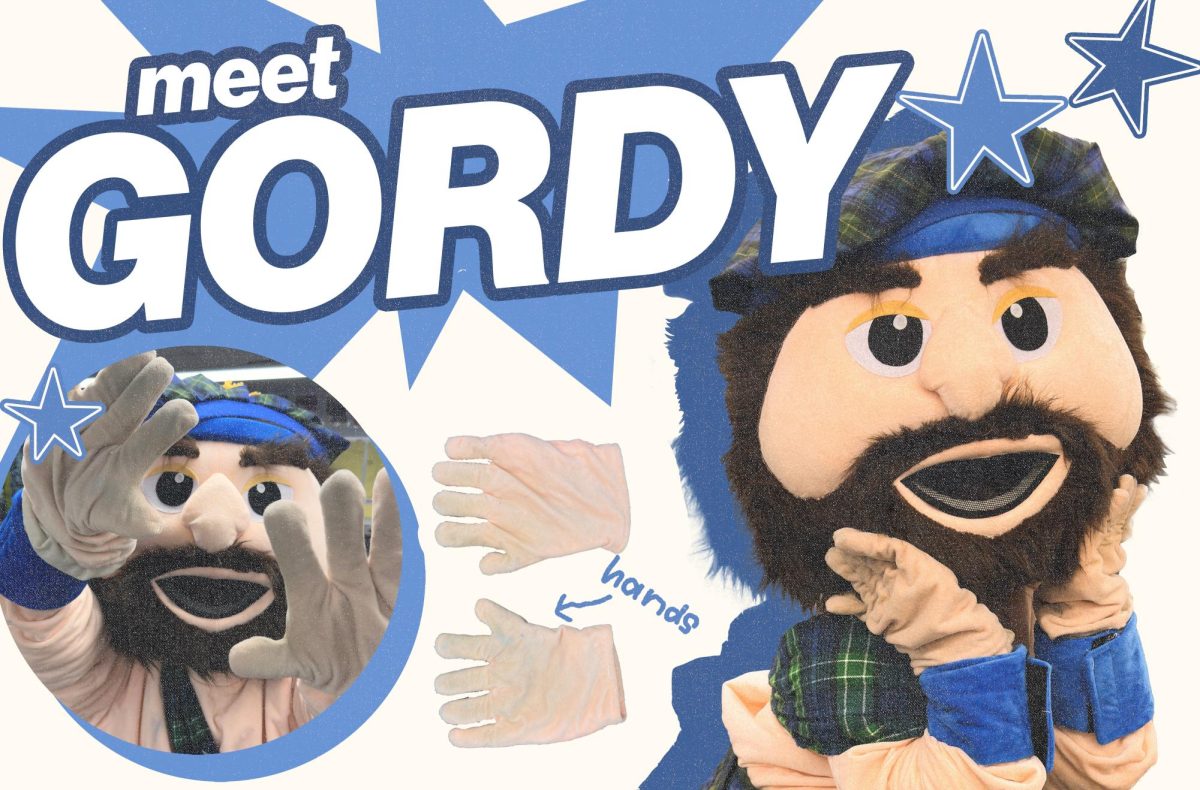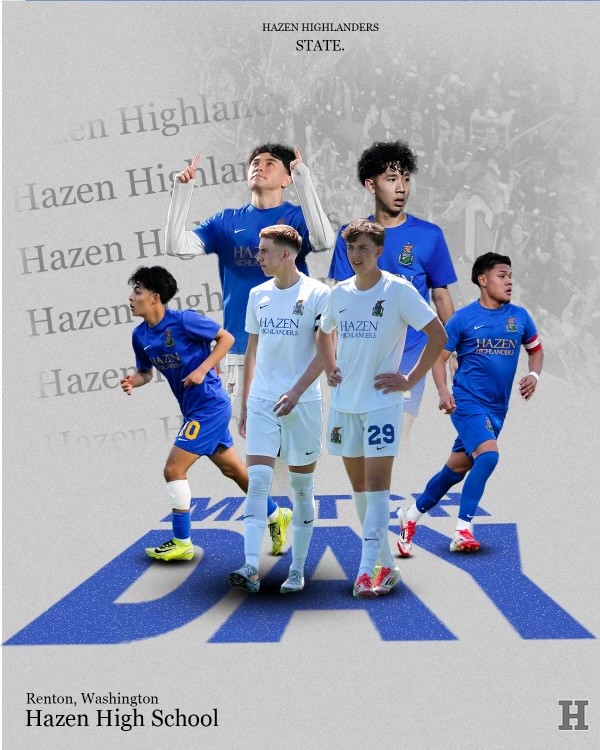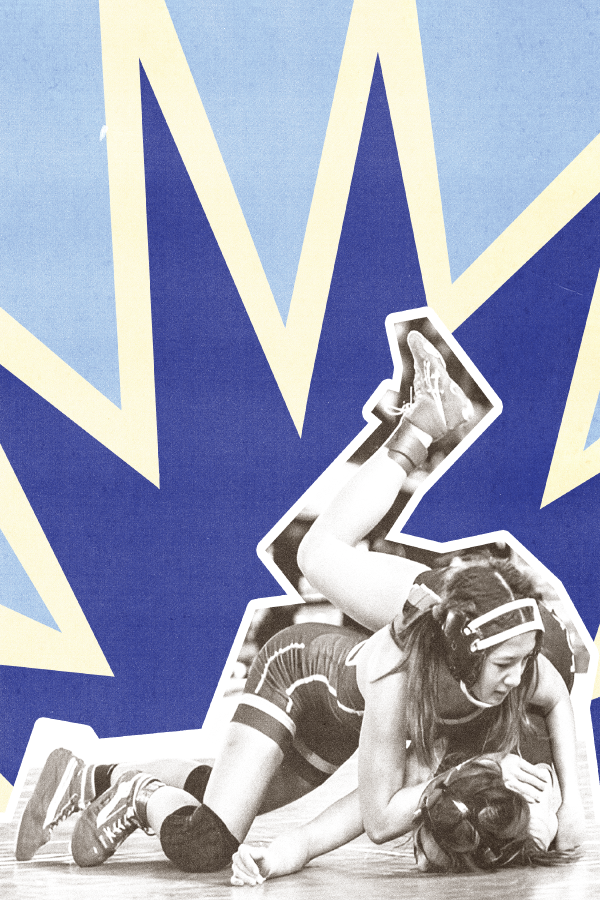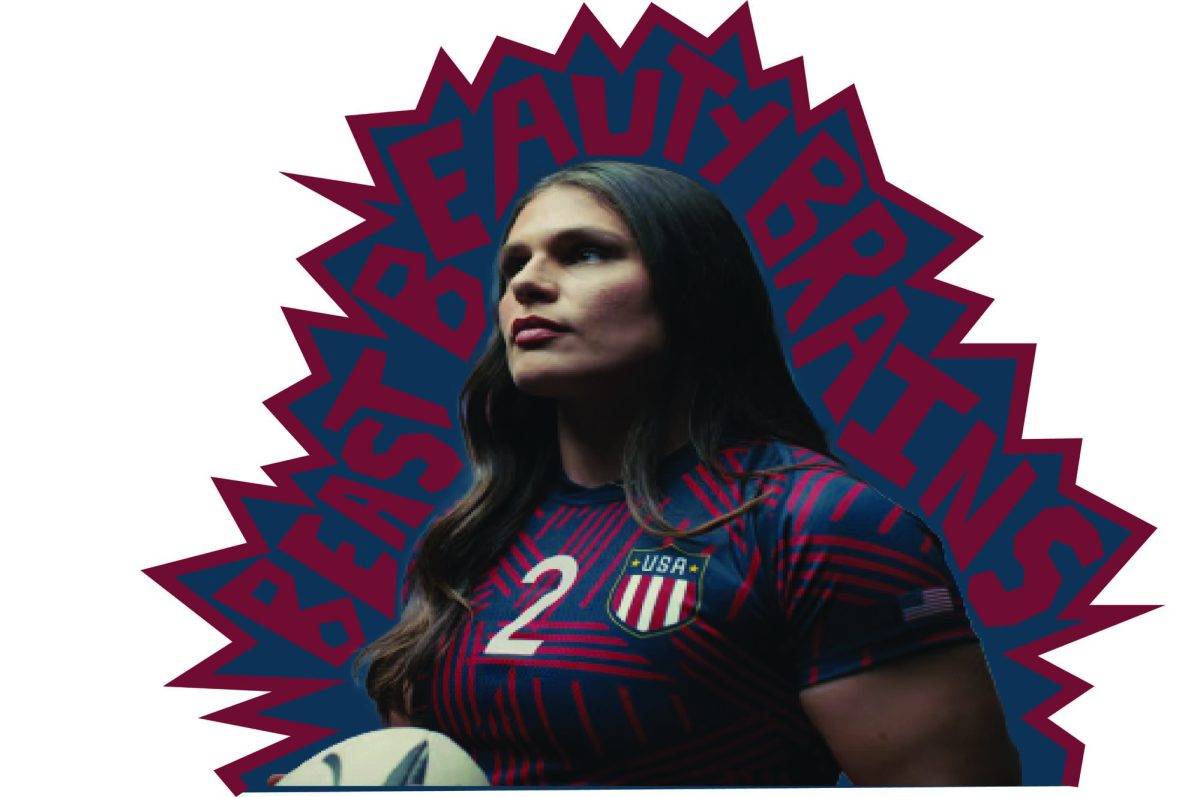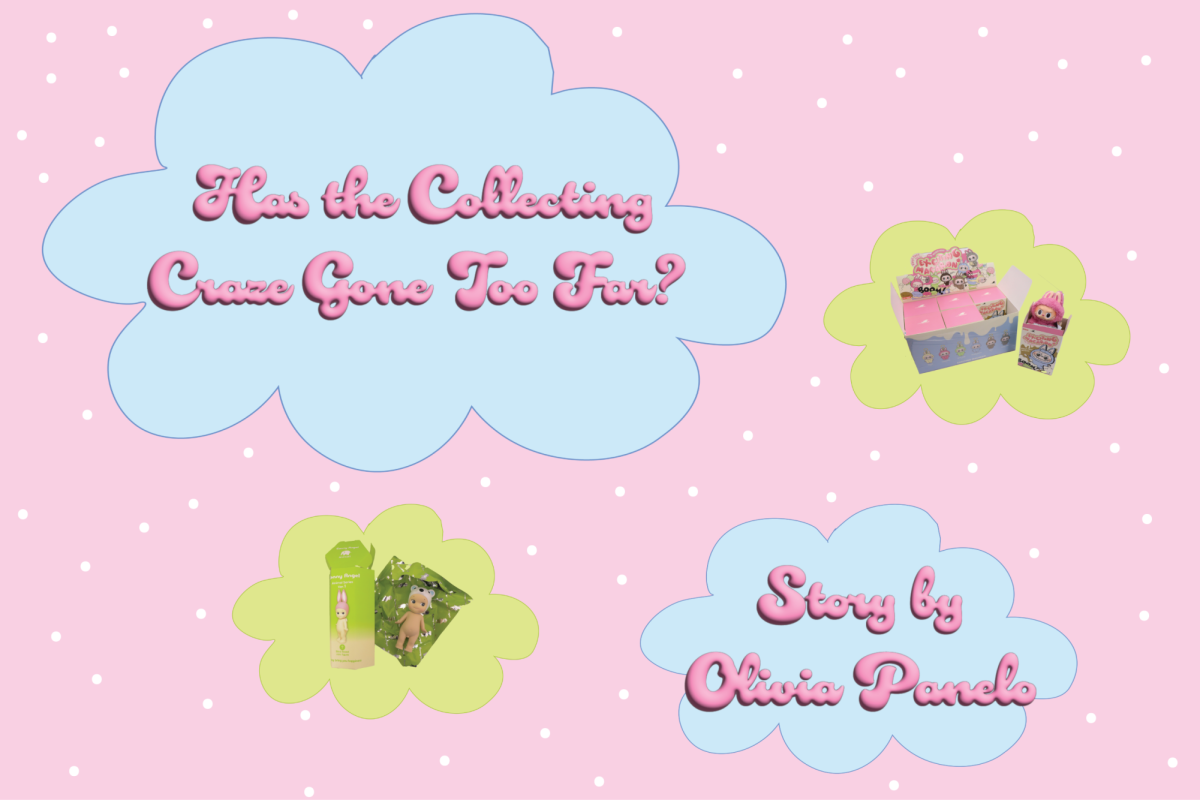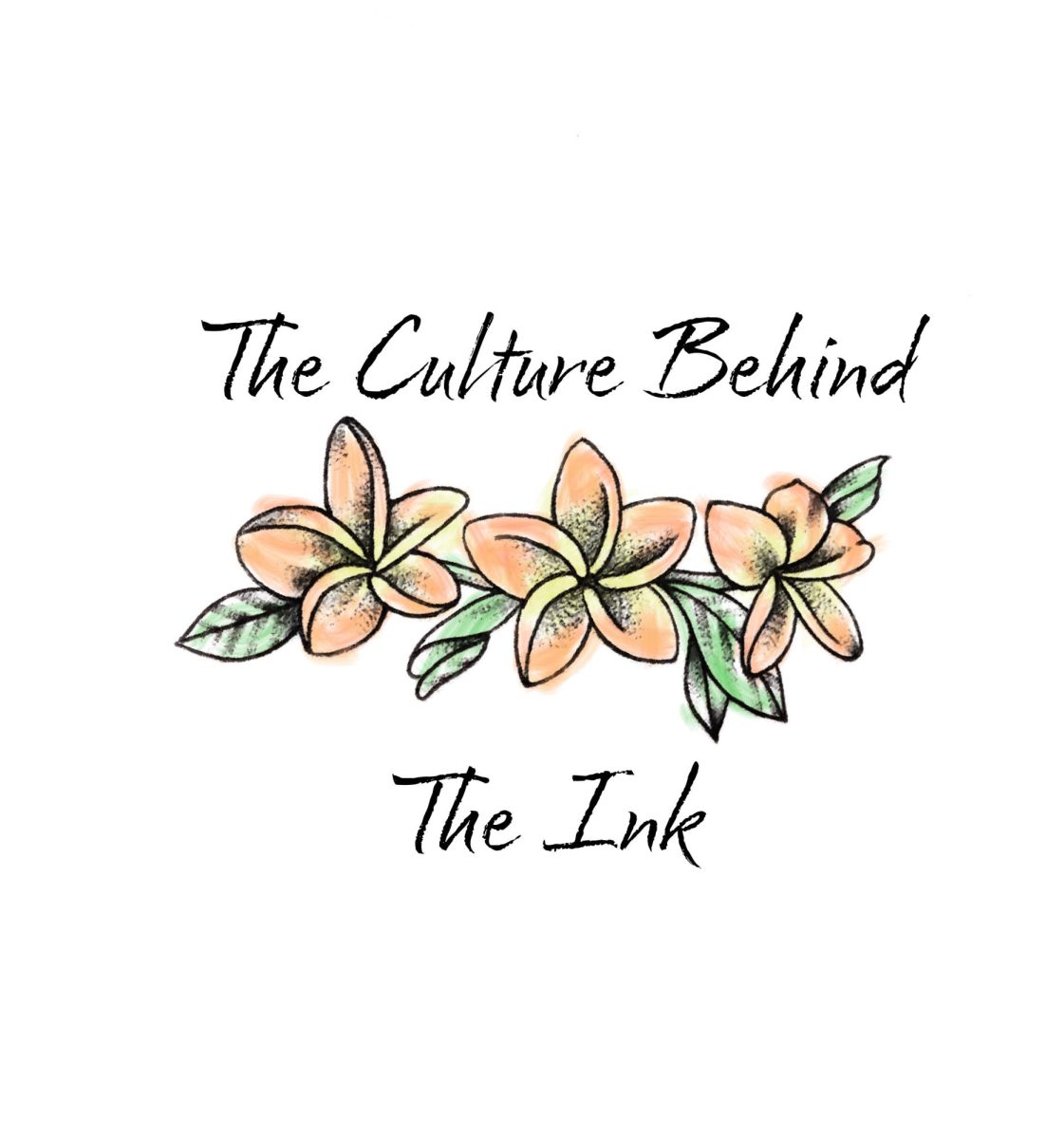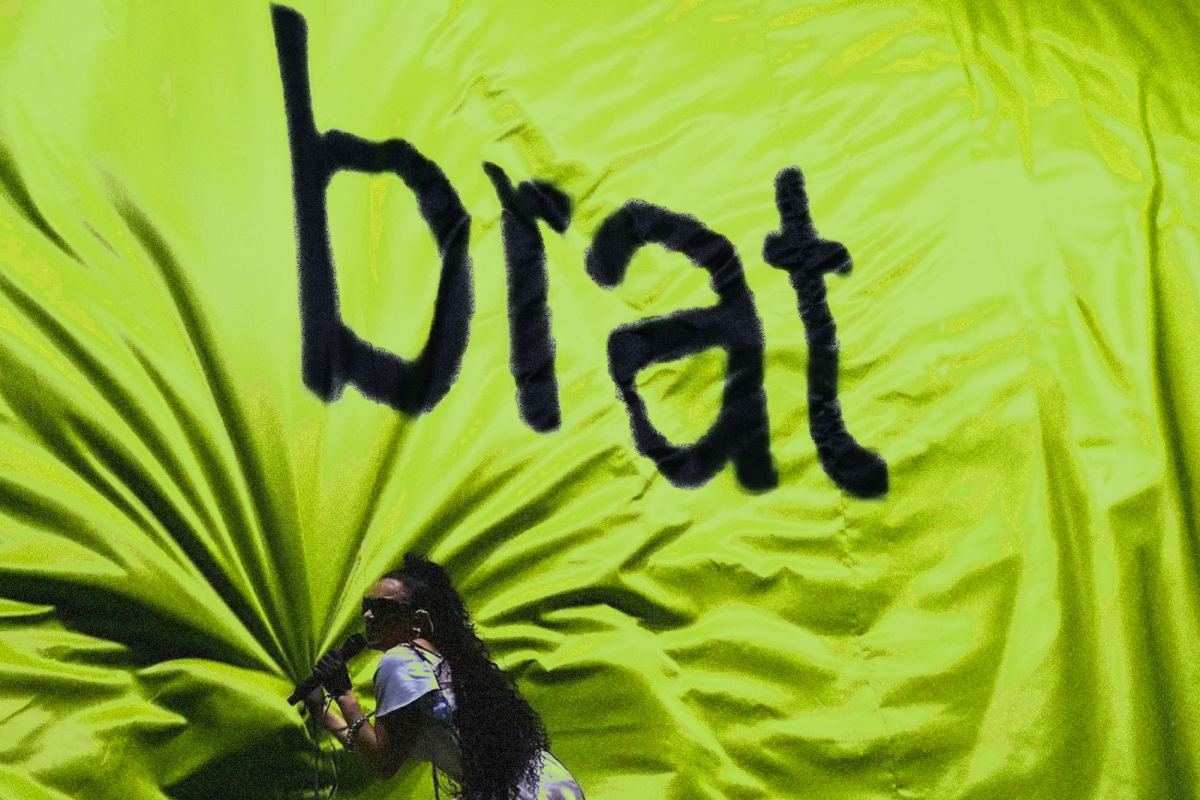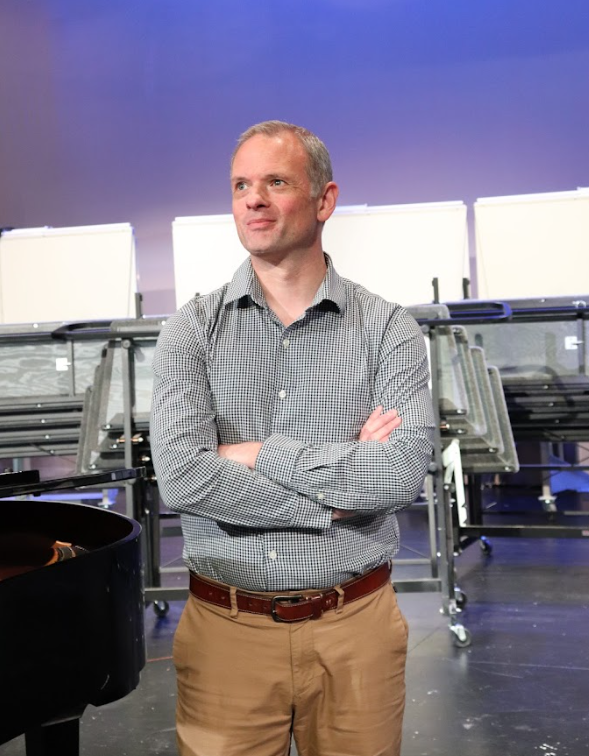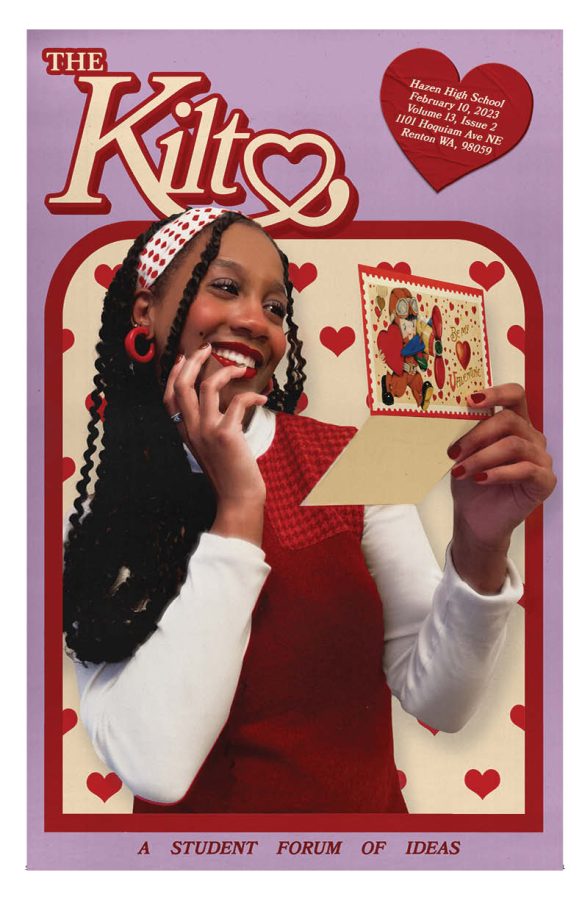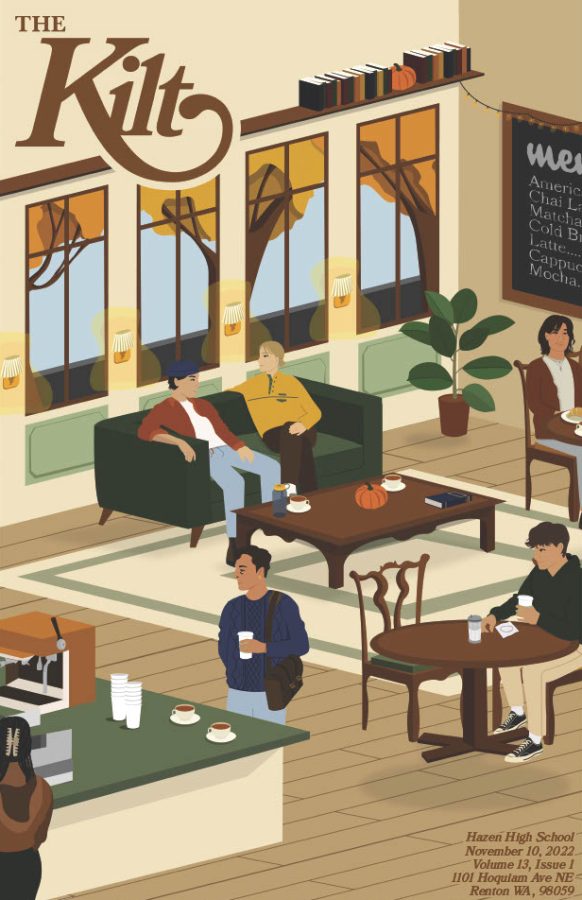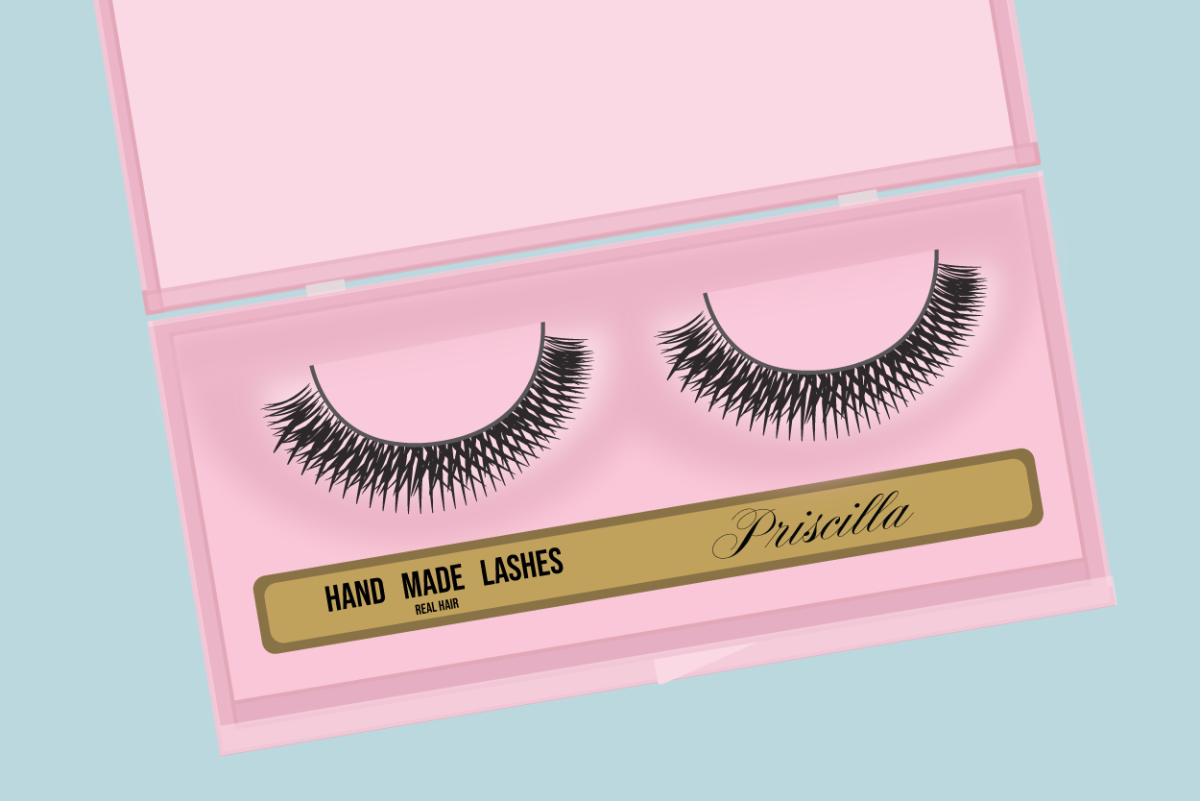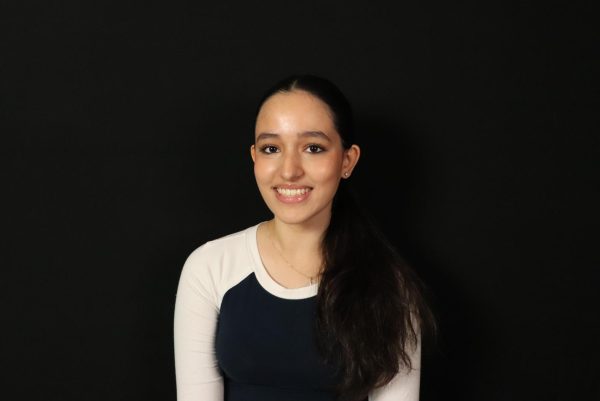Priscilla, a 2023 biographical drama written, produced, and directed by Sofia Coppola, is based on the book Elvis and Me written by Priscilla Presley and Sandra Harmon.
Priscilla Presley herself supported the production of the movie, so moviegoers are offered a realistic gaze into the life she lived and the woman she became.
To give you a taste of the cinematography, picture this. The movie opened with a spontaneous and almost seductive image of red-painted nails and dramatic eye makeup. The camera angles and imagery lead the viewer to ask: What is behind those eyes and a presumably lavish world? In the opening scenes, Priscilla is played by Cailee Spaeny. Flowered heels and letters to Elvis sit piled high on desks to signify how much of Priscilla’s life Elvis has become.
The viewer wonders, can a girl ever just be, or must she become the woman she is not ready to grow into? Why must a woman always force the shoes to fit, tiring as they are too big?
This would be something Priscilla Presley experienced as her youth slipped away from her in some of the most pivotal years of her life. At the age of 14, she was a young, impressionable teenager. She fell head over heels for someone she couldn’t imagine in her wildest dreams. Someone who would groom her and strip her of individuality.
These relations began with a not-so-simple offer. Someone asked her, “How would you feel about attending one of Elvis’s parties?” At this time, women across the nation were enamored with Elvis, but Priscilla wasn’t aware this invitation would be life-altering.
The first night Priscilla and Elvis spent together would be the start of something entirely new and unfamiliar. She was a teenage girl, falling in love. Unaware that the twenty-year-old man before her had anything but malicious intentions laced within his charming smile.
She felt herself slowly falling for Elvis as he explained how she was different. This reeled her in, capturing her as she slowly became his. She fell deeply without the realization that he was manipulative in ways she couldn’t process. In no time, Priscilla lied to her parents, going out more than ever. As you would expect, they were worried about her.
After many arguments between Priscilla’s parents and herself out of concern, she slowly began a life living with Elvis Presley. This life was no easy task, she lived a rather dull life, and the highlights were being with Elvis. She could not work, wear clothes he didn’t approve of, or be intimate with him at a time they both agreed upon.
Soon, Elvis would invite Priscilla to stay with him and even attend trips. Priscilla found her younger years slipping away as they continued to spend more time together. Her mannerisms and attitudes soon changed to mold Elvis’s ideal partner despite being so young. To accommodate him, she slowly stepped into a world of secrecy and deception.
While this movie has extreme duality in its plot, it does an outstanding job of comparing where Priscilla and Elvis stood in their relationship. When she first met Elvis, Priscilla was quiet, small, and dressed modestly. Their heights, stature, and even palettes at the beginning of the movie signify their differences. Throughout the movie, viewers witness the gravity of their character development and how it impacted the plot and their lives severely.
There are also a variety of changes made appearance-wise concerning Priscilla to unravel while watching. Throughout the movie, the colors in their clothing contrast with each other. Elvis wore very dull and dark colors while, towards the end, he wore stage outfits and had a flashier appearance. Priscilla wore softer, more delicate colors before the progression of the movie, and as it continues, she explored different colors and styles according to the interests of Elvis. Dying her hair, and applying more makeup, all to cater to his image of beauty.
One aspect portrayed through the film was how Elvis acknowledged her age compared to his own, but expected her to dress maturely and in ways she wasn’t comfortable with. Making it extremely difficult to please him with her wardrobe. In contrast, when she wore a pattern or print he did not prefer, he demanded she take it off because she was “Just a little girl.”
With time, Elvis gained total influence over Priscilla in ways that held her back. Some of this pertained to her succeeding less in school. Eventually, she relied on others for answers and used her relations with Elvis as an advantage. Fortunately, Priscilla ended up passing her classes and graduating, which was to the excitement of all those who loved her.
Eventually, Elvis’s rage engulfed their relationship. As he continued his acting career, his relations with other women were rumored and speculated. With every passing day grew an overwhelming toxicity and anger that seethed from within Elvis. He came home and begged her to forget his rumored affairs, becoming infuriated and defensive upon confrontation, but it was something that left distrust within Priscilla as much as she wished to let it subside.
At this time, their drug experimentation was also at an all-time high, which negatively affected the health of both partners. Other moments flooded with Elvis’s infidelity alongside his inability to acknowledge her longing to appeal to him.
His desire to be intimate with her slowly subdued as he sought to pursue other women and told her to back away when she attempted to show signs of affection. Each day she lived was full of a yearning that Elvis would speak to her. A fear of isolation consumed her as she had no friends, no one to speak to besides Elvis.
Before long, Elvis proposed to Priscilla, which temporarily pushed her concern aside. However, after the wedding and presumably joyous gatherings, it was only a matter of time. The affairs began again as he departed for his trips. Shortly before this, Priscilla fell pregnant, which impeded many plans they made. Elvis took advantage of the time Priscilla was away.
With time, Elvis’ fame and appeal grew immensely. He would go on tour all around the US while Priscilla and her daughter, Lisa, stayed at home awaiting his return. When he returned, he acted exceedingly distant and showed little enthusiasm towards spending time with his wife or daughter. At this time, his affairs were at an all-time high, and the sole purpose of her presence was for his desire.
In these moments, Priscilla left Elvis for the sake of herself and Lisa’s lives. Elvis was not a supportive partner or father, and though it took a lot from Priscilla for her to come to this conclusion, being at the right age and having maturity supported her in the decision. She stopped dressing for Elvis and wore what she liked. She went back to her natural hair, embracing the look while he slipped further and further away. It appeared Priscilla echoed a much more radiant glow when Elvis was not there to stifle her emotions.
A vital point of character development is when Elvis’s downfall began, Priscilla realized the value of the woman she was, not the one she forced herself to become when she was 14. Her color palettes in this movie shifted from soft and light colors with delicate patterns and natural brown hair, to black hair, flashier clothes, and more eye makeup to emphasize the color of her eyes, to finally an older and simpler look. With age, she embraced being brunette and dressing for herself. The appearance Priscilla felt no obligation to fit, but that fit her effortlessly.
This tragically beautiful story ends with Priscilla leaving for a better life, in pursuit of self-healing and mending the destruction upon her during her youth. She now lives a life free of fear and harm and expresses her feelings through this story.
Considering the production of Priscilla, the cast, and overall depiction of the characters, the directors and cinematographers nailed the imagery of the characters. Despite Jacob Elordi’s appearance contrasting with Elvis, his body language and ability to channel Elvis spoke volumes. Elordi embodied the fear and divinity within Elvis. His voice, hair, photos, and videos replicated in the movie were almost identical to the authentic.
Cailee Spaeny had a youthful and very delicate face, frame, and mannerisms, which made her perfect for her role and the idea that Priscilla was truthfully much younger than perceived by the media. Certain behaviors and her slight reluctance towards Elvis from the beginning was what caused Cailee to have a precise shadow of Priscilla in her younger years. The contrast of Spaeny’s gentle expressions and the bold makeup she wore depicted how young Priscilla was when she forced herself to grow up.
Priscilla did an outstanding job at navigating the emotion and depth weaved into a sorrowful, yet very insightful film. Their aim was not for the cast to be physically accurate, but to paint an image for viewers so they can interpret the toxicity of this relationship by their own perception. Some factors that did this for me as a viewer were stature, setting, complexion, colors, and age.
Priscilla is a very valuable look into Priscilla Presley’s life with Elvis. I wish it expanded more upon her life after Elvis. While he was a large part of her life, the movie is called Priscilla, and it would have been wonderful if we got to see more of where her life went after she left him and how she grew to be the woman she is now, sharing her story.

